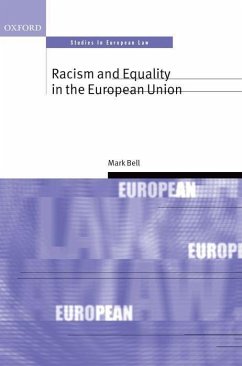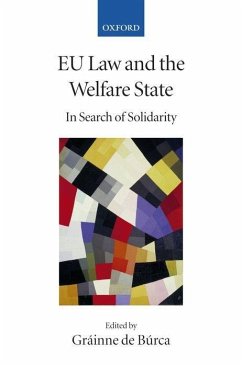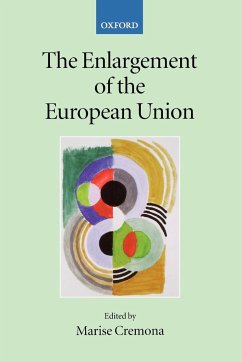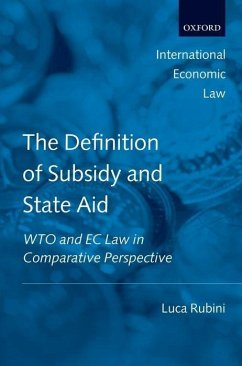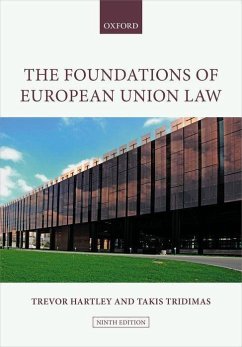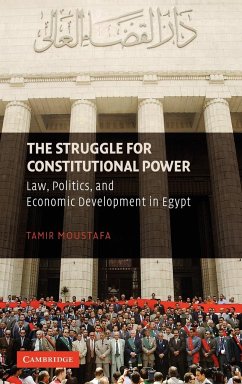
Executive Power of the European Union
Law, Practices, and the Living Constitution
Versandkostenfrei!
Versandfertig in 1-2 Wochen
71,99 €
inkl. MwSt.

PAYBACK Punkte
36 °P sammeln!
The picture of Brussels-based bureaucrats exercising wide-ranging, arbitrary executive powers with no accountability is one of the favourite images conjured by Eurosceptics across the political spectrum. What truth is there in the image? This book aims to bring the EU's executive powers out of the shadows by mapping the evolution and current form of the EU's various executive actors, their powers, and the mechanisms for holding them accountable. In doing so itprovides a rich understanding of the way in which the EU's institutional and legal framework fits within national constitutional presump...
The picture of Brussels-based bureaucrats exercising wide-ranging, arbitrary executive powers with no accountability is one of the favourite images conjured by Eurosceptics across the political spectrum. What truth is there in the image? This book aims to bring the EU's executive powers out of the shadows by mapping the evolution and current form of the EU's various executive actors, their powers, and the mechanisms for holding them accountable. In doing so it
provides a rich understanding of the way in which the EU's institutional and legal framework fits within national constitutional presumptions about how power should be controlled and accountability achieved.
Covering both the political executive and the administrative executive at the EU institutional level, the book analyses their relationship with national executive power, and traces the historical evolution of executive order in Europe from the Peace of Westphalia through classic inter-governmental organizations to the allegedly unique EU framework. The book's analysis covers both the formal legal structure of the Union and the evolution of the EU's living institutions in practice. The
picture presented is of a fragmented, cluttered and complex European executive space, resistant to radical constitutional reform and in need of a more nuanced understanding of the different forms of executive power required by different political aims and modes of decision-making.
provides a rich understanding of the way in which the EU's institutional and legal framework fits within national constitutional presumptions about how power should be controlled and accountability achieved.
Covering both the political executive and the administrative executive at the EU institutional level, the book analyses their relationship with national executive power, and traces the historical evolution of executive order in Europe from the Peace of Westphalia through classic inter-governmental organizations to the allegedly unique EU framework. The book's analysis covers both the formal legal structure of the Union and the evolution of the EU's living institutions in practice. The
picture presented is of a fragmented, cluttered and complex European executive space, resistant to radical constitutional reform and in need of a more nuanced understanding of the different forms of executive power required by different political aims and modes of decision-making.





